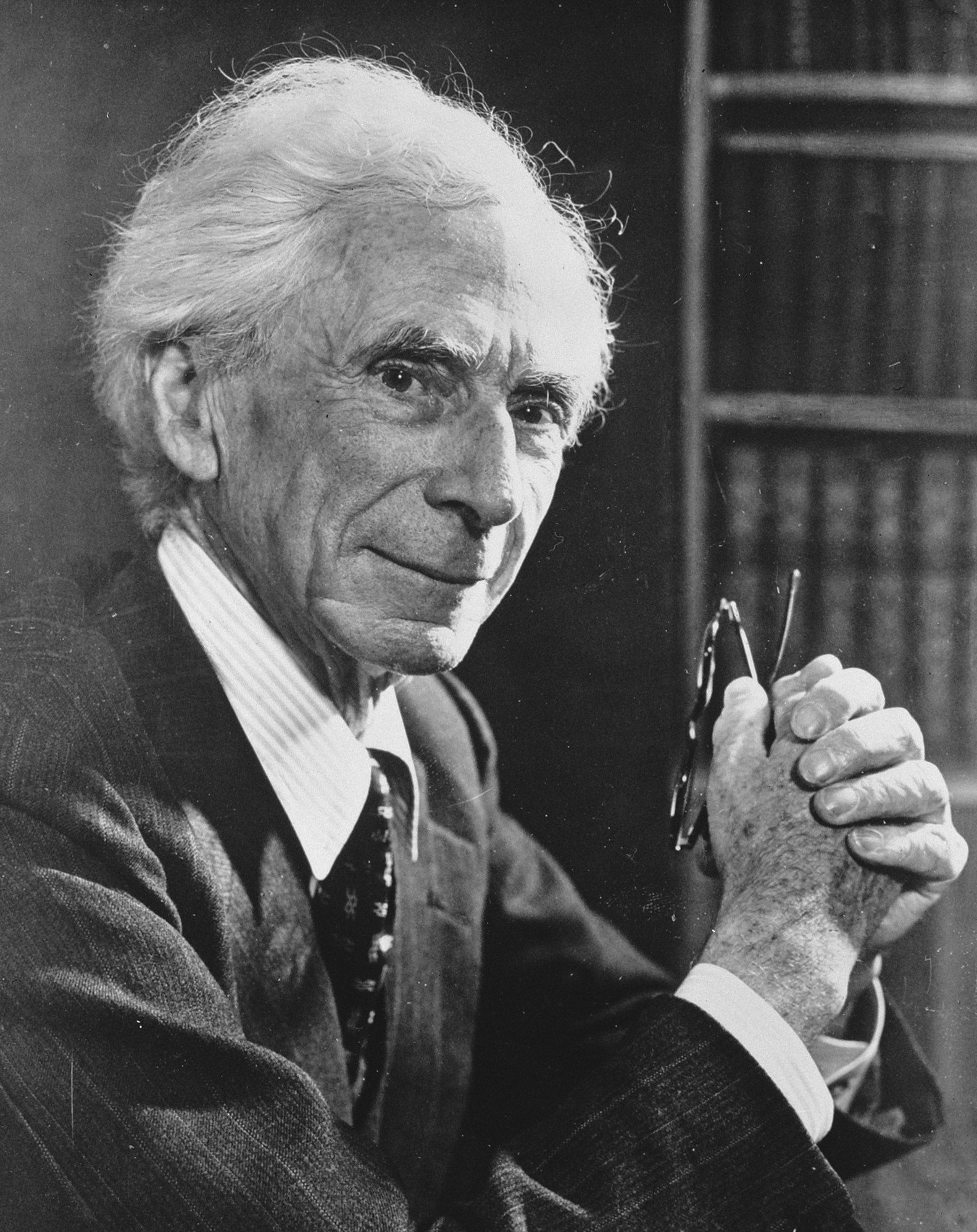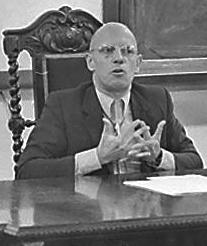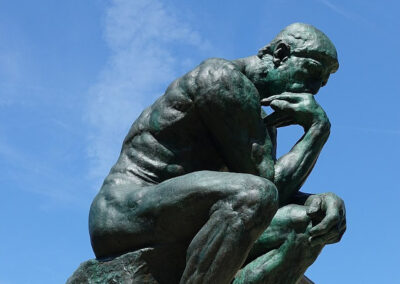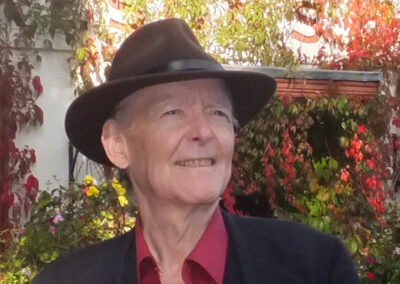Immanuel Kant
German philosopher Immanuel Kant (1724-1804) is considered one of the founders of Western philosophy. Kant wrote the ‘Critique of Reason’ in 1781, which supported ideas for a scientific logical and rational thinking approach, enabling reasoned thinking, being superior to dogma and other received opinion from authority.
Bertrand Russell
Bertrand Russell an English philosopher, mathematician and supporter of Kant’s scientific approach, considered that knowledge is ‘a belief in agreement with facts’. He asserted that to believe in something with no evidence is inadequate, and instead we should check if there are accurate and agreed supporting facts, and who agreed them.
John Dewey
John Dewey was an American philosopher and educational reformer. He is seen as the founder of experiential education, linking reflection and action, so as to enable new experience and knowledge. In 1910, he wrote a book for teachers titled ‘How We Think’, in which he described critical thinking as reflective thought, moving reflection beyond contemplation. Dewey used and defined the term Reflective Thought to mean:
“…Active, persistent, and careful consideration of any belief, or supposed form of knowledge, in light of grounds that support it, and the further conclusions to which it tends…”
Crucially here, reflection is seen as more than impulsive thinking or day-dreaming with no purpose. It is a way of deliberately thinking in a reflective (i.e., deep and interpretative) way about experiences, beliefs or knowledge, to make more careful judgements (US-English, judgments), based on objective grounds.
Thus, reflecting on things that have happened in our lives can open up more options and enable sound reasons for action.
Michel Foucault
Michel Foucault was a French philosopher and social theorist. Significantly his view was mainly of society, and he saw personal reflection as an aspect of societal health. In ‘The Use of Pleasure: The History of Sexuality’ built on his original 1976 ‘History of Sexuality’ book. He discusses using reflection to consider how to go beyond the limits of our existing knowledge, in order to work towards intellectual growth and freedom. He defined critical self-reflection as being: “To know how and to what extent it might be possible to think differently, rather than legitimating what is already known … a test of the limits that we may go beyond…”










